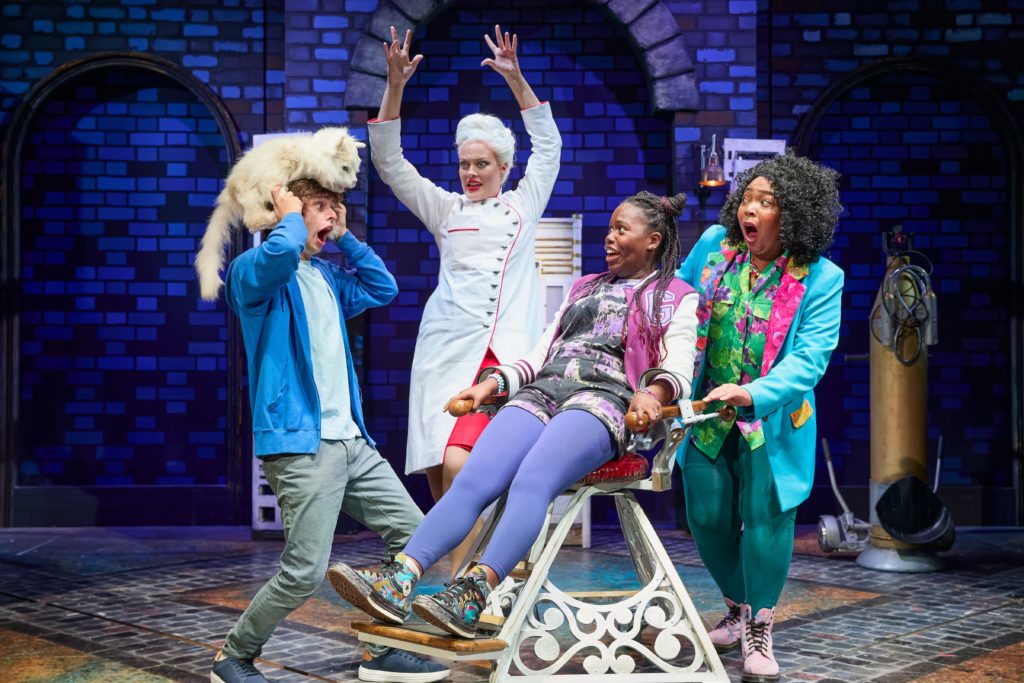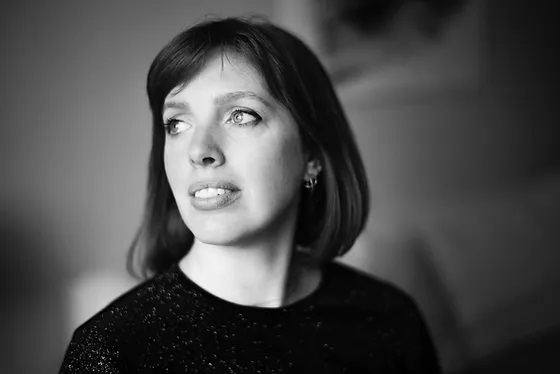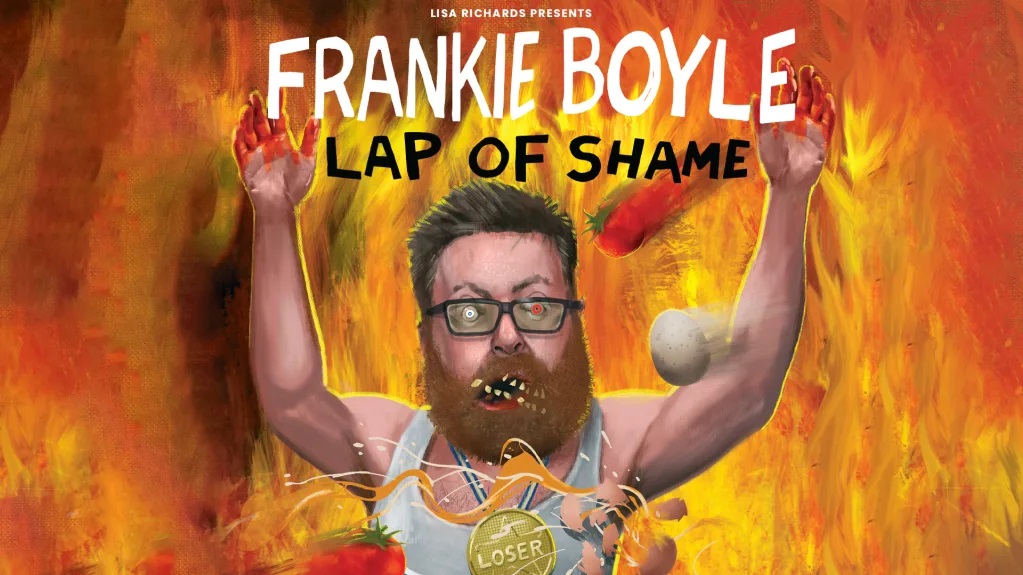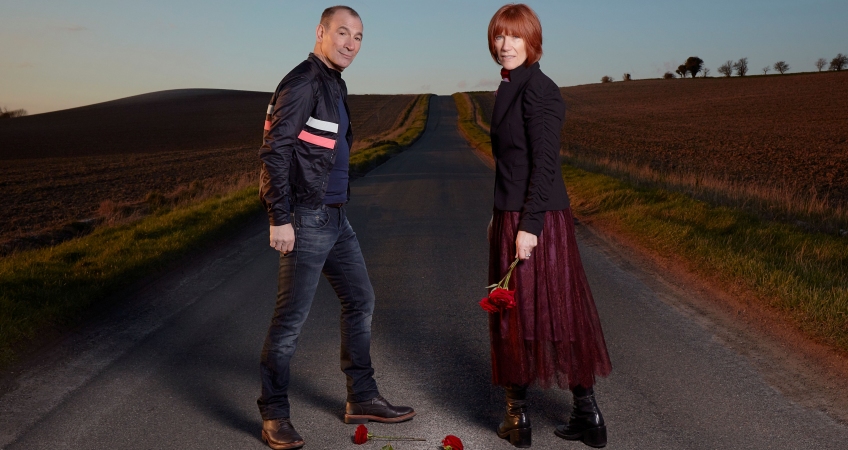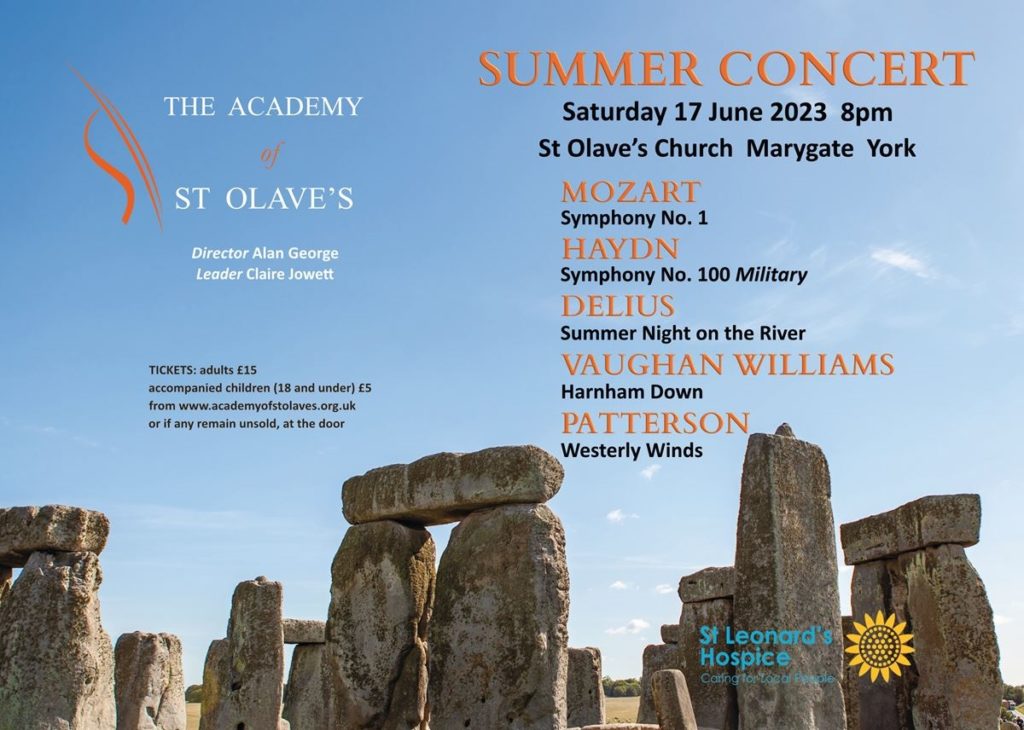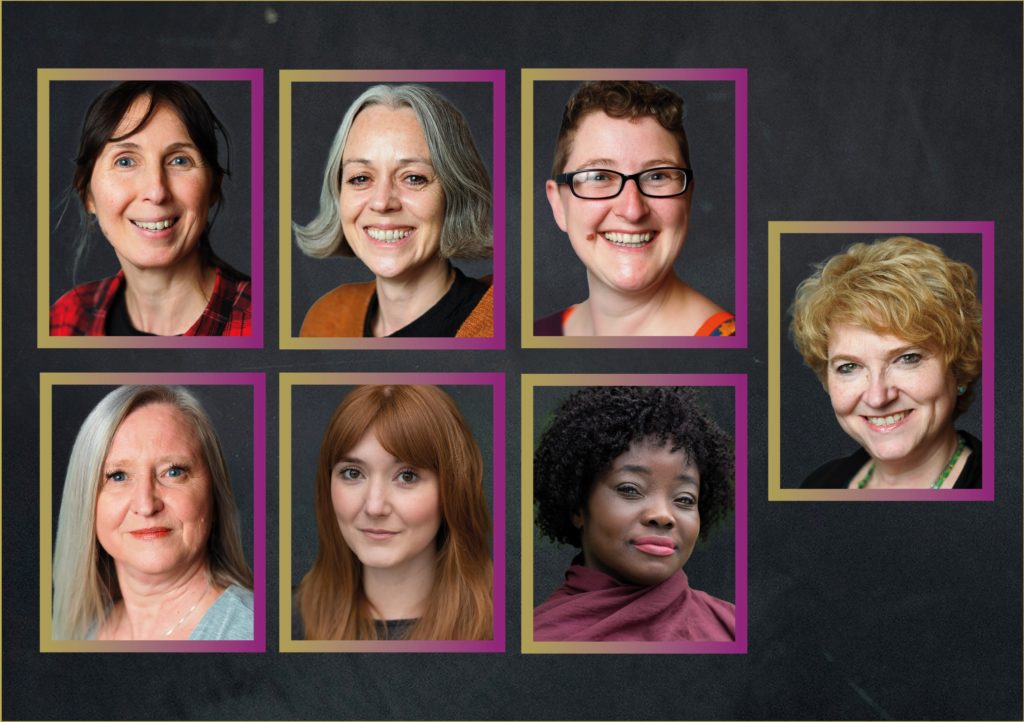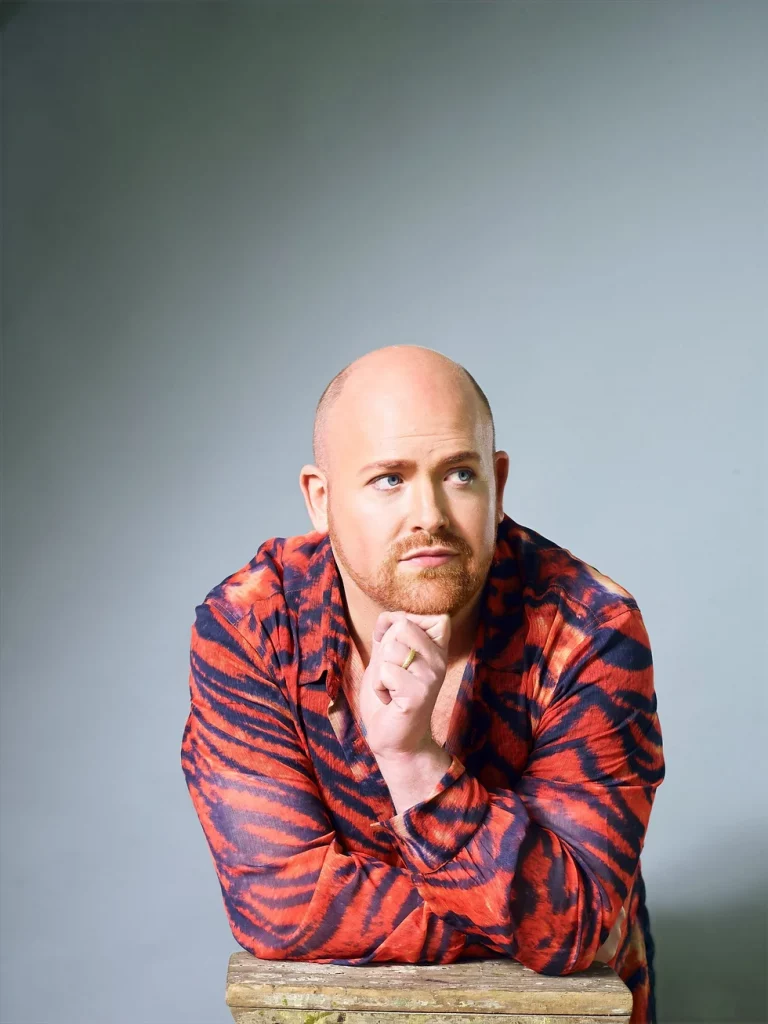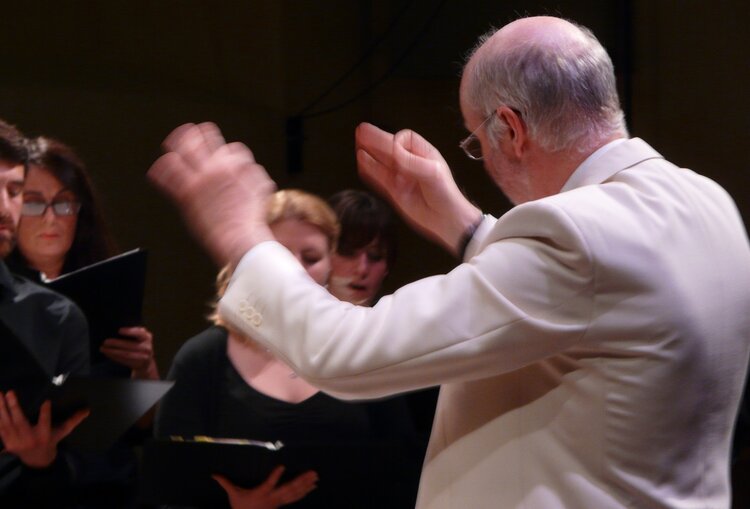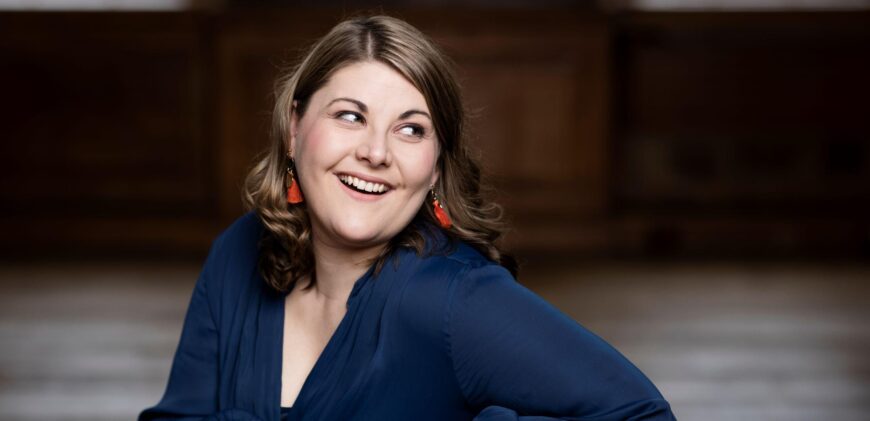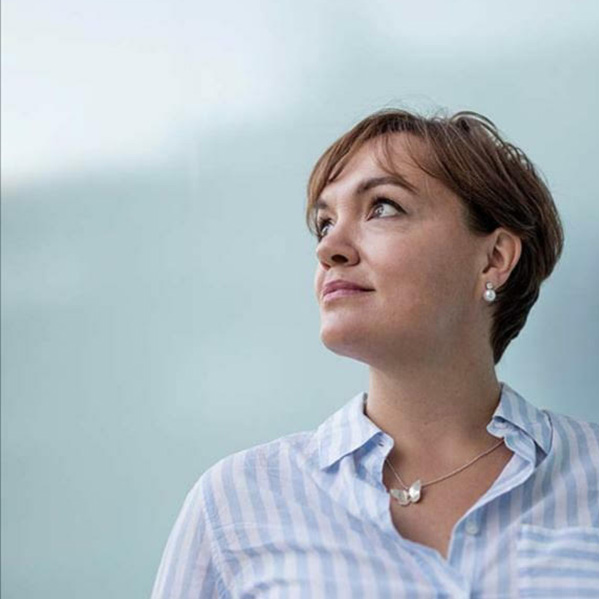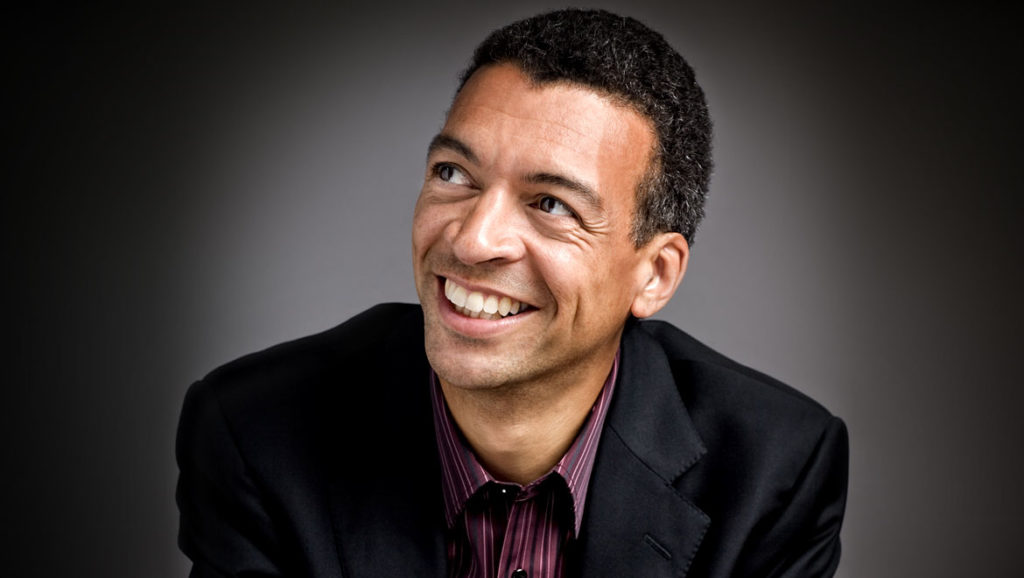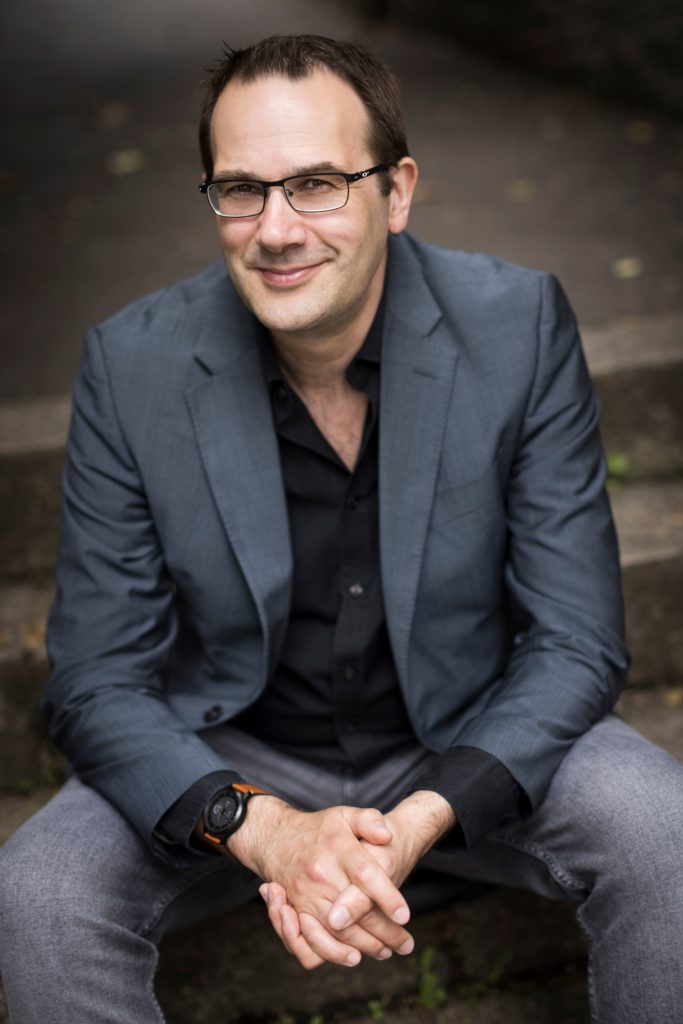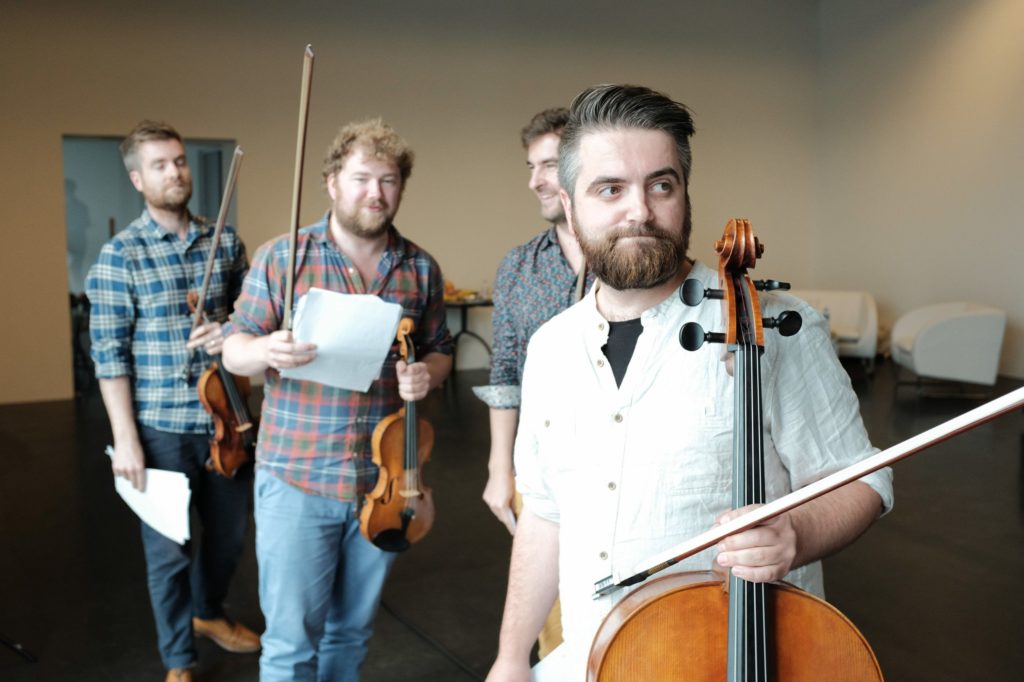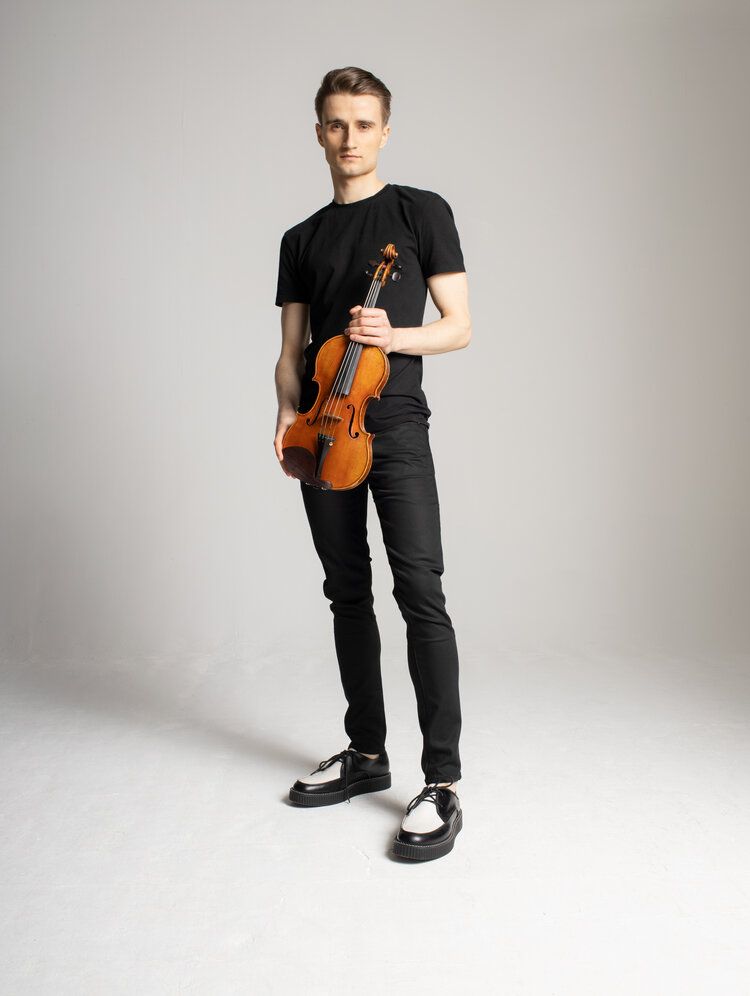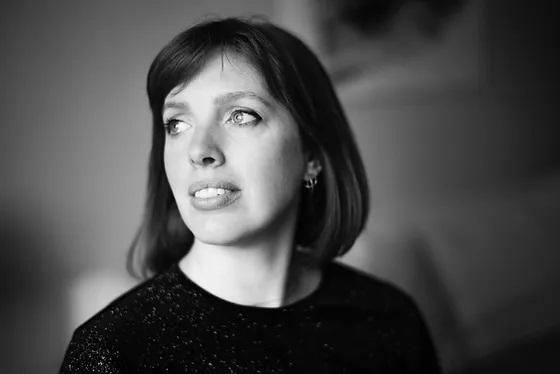
THREE early works by Vaughan Williams made an invigorating evening, when the choir of York’s twin
city, Münster, joined forces with York Musical Society’s choir and orchestra, all conducted by David Pipe.
The programme was dedicated to Philip Moore, organist emeritus of York Minster, who celebrates his 80th birthday in September. It also marked 25 years since Martin Henning – present here as a tenor – became conductor of the Münster choir.
Vaughan Williams’s first essay into symphonic realms, A Sea Symphony, was premiered at the Leeds Festival of October 1910, with the composer conducting and Edward Bairstow as organist. But he revised it extensively over the years until 1923.
He emphasised that the words are used symphonically, as a vehicle for the choir, which must therefore be considered an extension of the orchestral textures. Walt Whitman’s poetry is not unimportant, but the overall theme of human endeavour and the brotherhood of man is what really matters.
This message was at the heart of its success here. The symphony is a rambling affair, well over an hour, and not easy to distil. But Pipe kept his eye on the ball and his singers’ eyes on him, nursing them deftly through the work’s many minefields.
We must not, however, forget the sterling contribution made by the orchestra led by Nicola Rainger. The strings worked with ferocious devotion, while the brass – who have a much easier time of it – made hay, never looking back after blasting out the crucial opening fanfare triumphantly.
Solo soprano Elinor Rolfe Johnson was straight into her stride in Flaunt Out, O Sea, doubtless inspired by several thunderous moments in the first movement. She generated considerable resonance throughout the work with a cutting edge that was ideal in this company. The choral sopranos took courage from her and sustained their high tessitura superbly.
Julian Tovey’s pleasing baritone was at his best in the slow movement On The Beach At Night, Alone, evoking a “vast similitude” under a starry sky against a gentle orchestral swell. The movement ended marvellously quiet.
In the scherzo The Waves, string tremolos offered exciting underpinning to the gurgling ocean, where the choir really laid into their lines with relish. Its finish was thrilling.
The finale is long and floundering, not easy to sustain. But the choirs’ reserves of stamina carried the day. Pipe’s broad tempos were excellently judged for this vast acoustic; he wisely concentrated on the wood, not the trees, and took us from climax to climax with increasing fervour. The offstage semi-chorus provided by the Ebor Singers was eerily effective.
In their duet, the baritone did not quite balance the soprano, needing more operatic heft; he compensated on his own later. What mattered, though, was the exhilarating timelessness of Whitman’s vision, crystallised here in the ultra-soft ending.
The evening had begun with the composer’s first work to capture the attention of critics and public alike, Toward The Unknown Region (1907), a setting of Whitman’s Whispers Of Heavenly Death. Its opening was amorphous, even nervy, where the choral basses needed to deliver more. But it came to a fighting finish, spearheaded by the excellent sopranos.
Earlier still was the composer’s first orchestral work, Serenade in A minor (1898) for small orchestra, which followed. The orchestra enjoyed – and deserved – the spotlight it offered. The cellos framed a tidy Prelude and the galloping Scherzo was redolent of rural pursuits.
The Intermezzo found Vaughan Williams experimenting with different groupings, but the rhapsodic Romance had a pleasing clarinet solo and an unforgettable passage of very high coloratura for the first violins, which was despatched with panache. The Finale had a martial flow, ending with a fanfare flourish. It was well worth exhuming.
Review by Martin Dreyer
PREVIEW: Academy of St Olave’s Summer Concert, St OLave’s Church, Marygate, York, June 17, 8pm
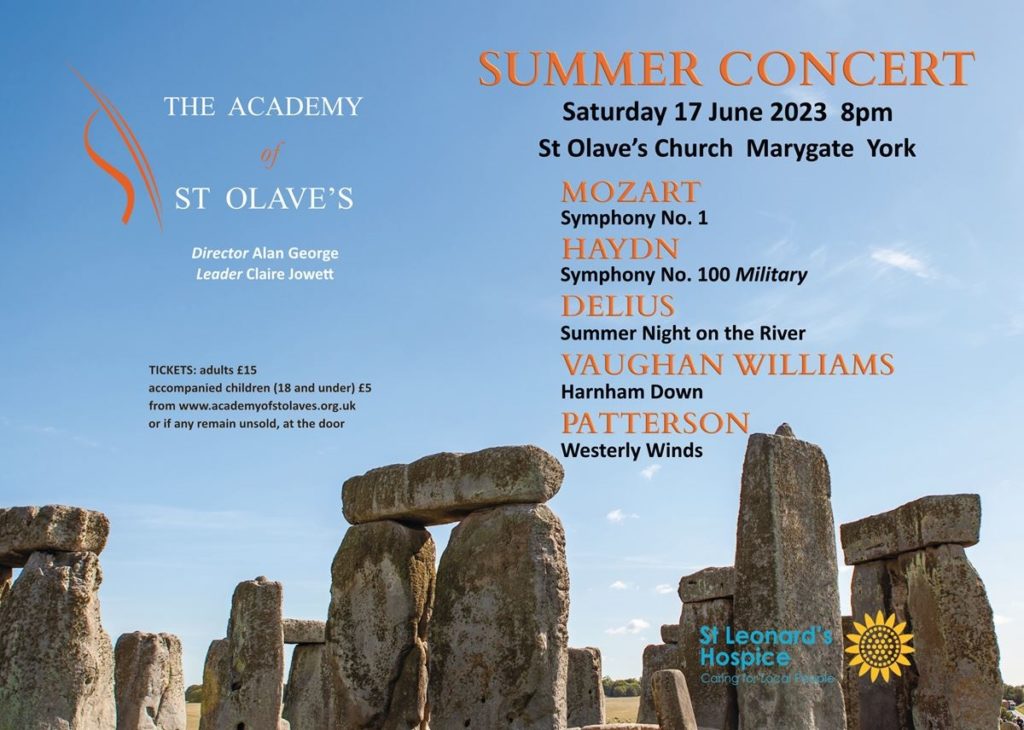
THE Academy of St Olave chamber orchestra rounds off its 2022-23 season with a summer concert centred on England’s musical legacy, from symphonies written for
London audiences by the great Austrian composers Mozart and Haydn, to works by
English composers Frederick Delius, Ralph Vaughan Williams and Paul Patterson.
The concert is book-ended by Mozart’s first symphony and Haydn’s 100th, known as “The
Military”. Mozart composed his work in London during his family’s Grand Tour of
Europe in 1764, when the boy wonder was eight.
Likewise, Haydn’s composition was one of his 12 “London symphonies”, to be performed during his second visit to England in 1794-95. The prominent fanfares and percussion effects employed in the second and fourth movements prompted its “Military” moniker.
Delius’s Summer Night On The River and Vaughan Williams’s rarely heard Harnham Down are short impressionistic tone poems, with each composer taking inspiration from continental counterparts: in Delius’ case, Debussy, whereas the young Vaughan Williams was clearly still working under the influence of Wagner.
The programme is completed by Paul Patterson’s Westerly Winds, a four-movement suite for wind quintet commissioned in 1999 by the Galliard Ensemble. The composer describes it as “essentially a sequence of four short fantasias based on West Country folk tunes”, including Farmer Giles and Linden Lea.
Musical director Alan George says: “While our summer concert has a nominally
English theme, the programme also serves to demonstrate the rich cultural exchanges with
European neighbours that have helped form today’s musical landscape, with pieces originating from more than two centuries apart.
“I’m sure our audience will be delighted by the range of music on offer, including some relative rarities, all performed by the highly skilled musicians of the academy.”
The concert is in aid of St Leonard’s Hospice, the independent York charity that provides specialist palliative care and support for those with life-limiting illnesses.
Tickets cost £15 or £5 for accompanied children (18 and under) at academyofstolaves.org.uk or on the door, if any are unsold.

